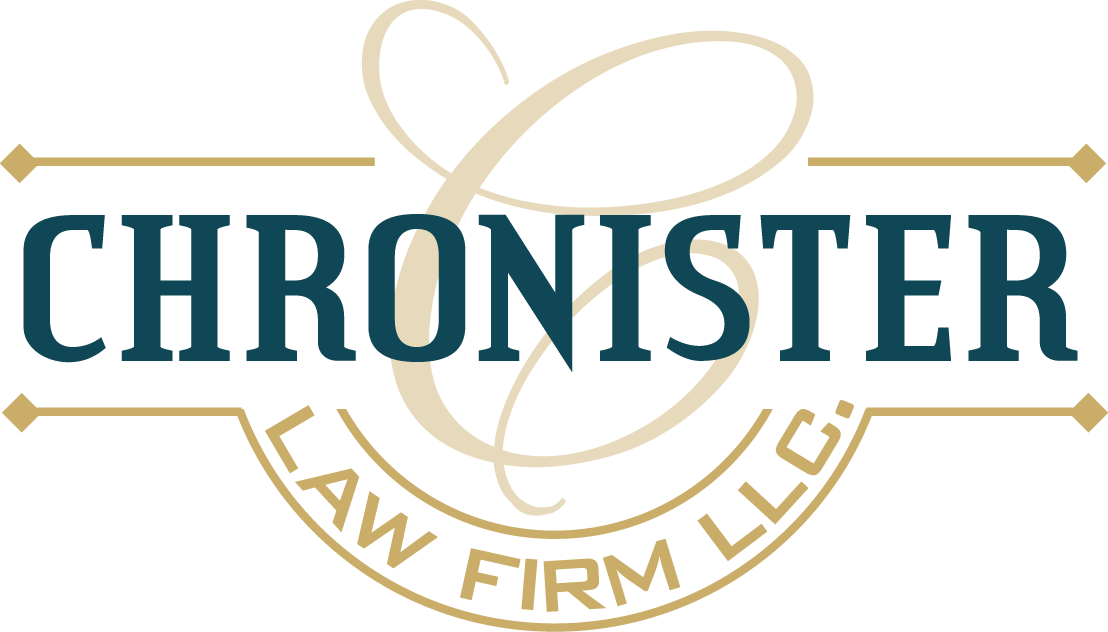
Bankruptcy
Bankruptcy law serves as a vital legal framework that allows individuals to eliminate or repay their debts under the protection of the federal bankruptcy court. Navigating the complexities of bankruptcy can be daunting, which is why hiring a skilled bankruptcy lawyer is essential. With their expertise, you can better understand your rights and obligations, making the process smoother and less stressful.
Why You Need a Bankruptcy Lawyer
Expertise in Bankruptcy Proceedings
A bankruptcy lawyer specializes in the intricate details of bankruptcy law. They can guide you through the entire process, ensuring you are well-informed about your options. Whether you are considering Chapter 7 or Chapter 13 bankruptcy, a knowledgeable lawyer can help you choose the best path forward.
Tailored Legal Advice
Every financial situation is unique, and a bankruptcy lawyer can provide personalized legal advice tailored to your specific circumstances. They will assess your financial situation, help you determine the most suitable course of action, and represent you in court if necessary.
Protection from Creditors
One of the most significant advantages of filing for bankruptcy is the automatic stay, which halts all collection activities against you. A bankruptcy lawyer can help enforce this protection, allowing you to focus on resolving your financial challenges without the constant pressure from creditors.
Types of Bankruptcy
Chapter 7 Bankruptcy
Chapter 7 bankruptcy, often referred to as "liquidation bankruptcy," allows individuals to discharge most of their unsecured debts. A bankruptcy lawyer can help you determine if you qualify for Chapter 7 and guide you through the process of liquidating non-exempt assets.
Chapter 13 Bankruptcy
Chapter 13 bankruptcy is designed for individuals with a regular income who wish to repay their debts over time. A bankruptcy lawyer can assist you in creating a repayment plan that fits your budget while helping you retain your assets.
The Bankruptcy Process
Initial Consultation
The first step in the bankruptcy process is an initial consultation with a bankruptcy lawyer. During this meeting, you will discuss your financial situation, debts, and goals. The lawyer will explain the different bankruptcy options available to you, helping you make an informed decision.
Filing the Petition
Once you decide to proceed, your bankruptcy lawyer will assist you in preparing and filing the bankruptcy petition. This document includes detailed information about your debts, assets, income, and expenses, ensuring that everything is accurately represented.
Meeting of Creditors
After filing, you will attend a meeting of creditors, also known as a 341 meeting. Your bankruptcy lawyer will represent you during this meeting, answering questions from the bankruptcy trustee and creditors, and ensuring your rights are protected.
Discharge of Debts
If all goes well, the court will grant a discharge of your debts, providing you with a fresh financial start. Your bankruptcy lawyer will ensure that all necessary steps are taken to secure this outcome, allowing you to move forward with confidence.
Bankruptcy Pricing and Fees
Understanding the costs associated with hiring a bankruptcy lawyer is crucial. Most lawyers charge a flat fee for bankruptcy cases, which can vary based on the complexity of your situation. On average, you can expect to pay between $2,000 and $5,000 for legal representation. During your initial consultation, your bankruptcy lawyer will provide a clear breakdown of their basic fees, additional fees (if necessary) based on your circumstances, and any additional costs you may incur throughout the process.
-
Bankruptcy is a legal process that allows individuals or businesses to eliminate or repay their debts under the protection of the federal bankruptcy court.
-
Bankruptcy can remain on your credit report for up to 10 years, depending on the type of bankruptcy filed. However, you can improve your credit score immediately following your bankruptcy discharge.
-
Not necessarily. Many individuals can keep their essential assets, especially when filing for Chapter 13 bankruptcy, which allows for repayment plans.
Primary Home (to “catch up” on mortgage arrearages) (also to keep your home from going into foreclosure)
Cars (in some cases, you can regain control of your vehicle if it was recently repossessed)
The bankruptcy code provides specific exemptions for various assets, usually with an amount that can be excluded from liquidation for the benefit of creditors.
-
Yes, you can file for bankruptcy multiple times, but there are specific time limits and conditions that apply.
Here's a breakdown of the waiting periods:
Chapter 7 to Chapter 7
You must wait 8 years between filing dates after your Chapter 7 discharge
Chapter 7 to Chapter 13
You must wait 4 years between filing dates after your Chapter 7 discharge
Chapter 13 to Chapter 7
You must wait 6 years between filing dates after your Chapter 13 discharge
Chapter 13 to Chapter 13
You must wait 2 years between filing dates after your Chapter 13 discharge
Other circumstances may extend or shorten these basic wait periods.
-
A bankruptcy lawyer can provide expert legal advice, help you navigate the bankruptcy process, protect your rights, stop harassing phone calls from creditors, guard you against unnecessary scrutiny from the Trustee or Bankruptcy Court, and represent you in court.
Frequently Ask Questions about Bankruptcy
PLEASE NOTE: If you file for bankruptcy and the Court determines you committed fraud or filed your petition under false pretenses, the law states that falsifying a bankruptcy petition is a serious federal crime with severe consequences. Violators face potential imprisonment, substantial fines, and could have their bankruptcy discharge denied. Specific penalties depend on the nature and extent of the falsification and can include up to 5 years in federal prison and fines up to $250,000.


